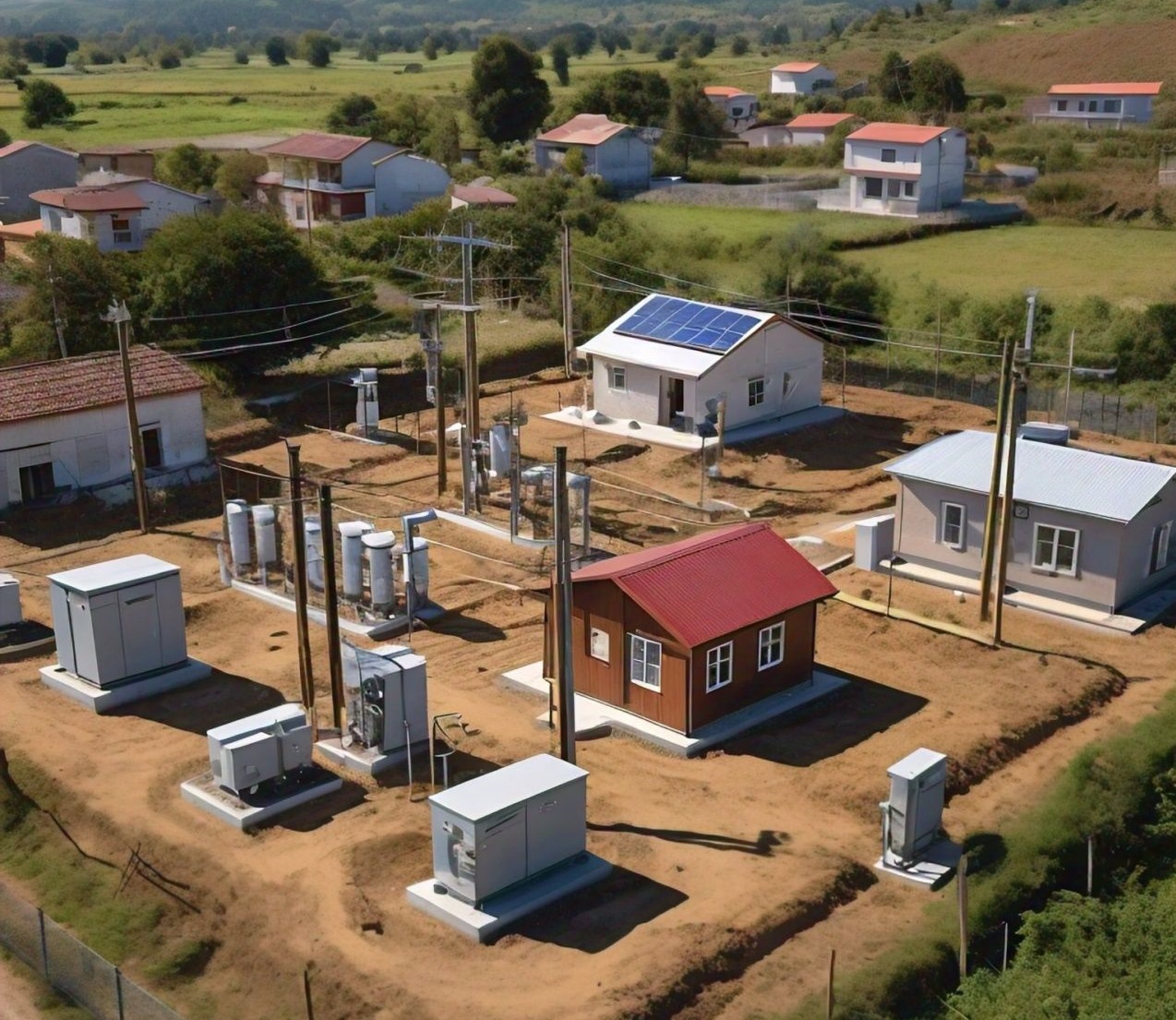Research has it that Nigeria has the lowest access to electricity globally with about 92 million persons out of the country’s 200 million population lacking access to power. It is no news that electricity access is one of the challenges faced in the country with issues like constant power outages in many parts of the county.
With the aid of expanding the adoption of mini-grid in our community we can overcome this challenge of electricity.
Mini-grids have the potential to provide reliable and affordable energy to millions of people in Nigeria who currently lack access to electricity. The deployment of solar mini-grids has accelerated in Sub-Saharan Africa, from around 500 installed in 2010 to more than 3,000 installed today, and a further 9,000 planned for development over the next few years.
In Africa, mini-grids are on track to provide power at lower cost than many utilities. The cost of electricity produced by mini-grids could be as low as $0.20/kWh by 2030, making it the least-cost solution for more than 60 percent of the population.
However, countries like Tanzania have been listed as part of the countries in the world for establishing sustainable business models for renewable energy mini-grids. The Tanzanian government passed the rural energy act to accelerate electricity access and promote the development and operation of small power projects among local and foreign private investors.
Other countries like Kenya, Uganda and Ghana also have the infrastructure development of the mini-grids. Also, India was able to successfully adopt the mini-grid by funding it through grants from government, multilateral funding agencies, or corporate organisations through their CSR initiatives.
As a step to improve the mini-grid development in Nigeria, the Rural Electrification agency (REA), funded by World Bank, successfully deployed the total of 103 mini-grids across Nigeria under the Performance Based Grant (PBG) subcomponent of the NEP, signaling a crucial advancement in enhancing electricity access for households, micro, small, and medium enterprises (MSMEs), as well as public facilities in rural and underserved regions of Nigeria.
By leveraging the abundant renewable energy resources, such as solar and hydroelectric power, Nigeria can pave the way for a sustainable and inclusive energy future, unlocking opportunities for economic growth and improved quality of life for its citizens.
The country is encouraged to do more by expanding the development of mini-grids in many states and communities of the country to ensure citizens access to electricity. This way, there is less emission of carbon monoxide (CO) that causes air pollution, it would also improve standard of living (like security, clean water), there is also more access to electricity.
Also, with the cost of solar PV technologies falling sharply in recent years, mini-grids have become an increasingly attractive option versus traditional diesel engines. Depending on the size of the mini-grid, they are also able to support larger productive use loads than stand-alone systems. Furthermore, mini-grids can help improve rural livelihoods, increase economic activities, create jobs, and add value to local products and services.
Nigeria should work towards making the mini-grid system an important supply of electricity to improve the country’s development. The adoption of mini-grids represents a promising pathway for Nigeria to accelerate its electrification efforts and empower communities across the nation.



